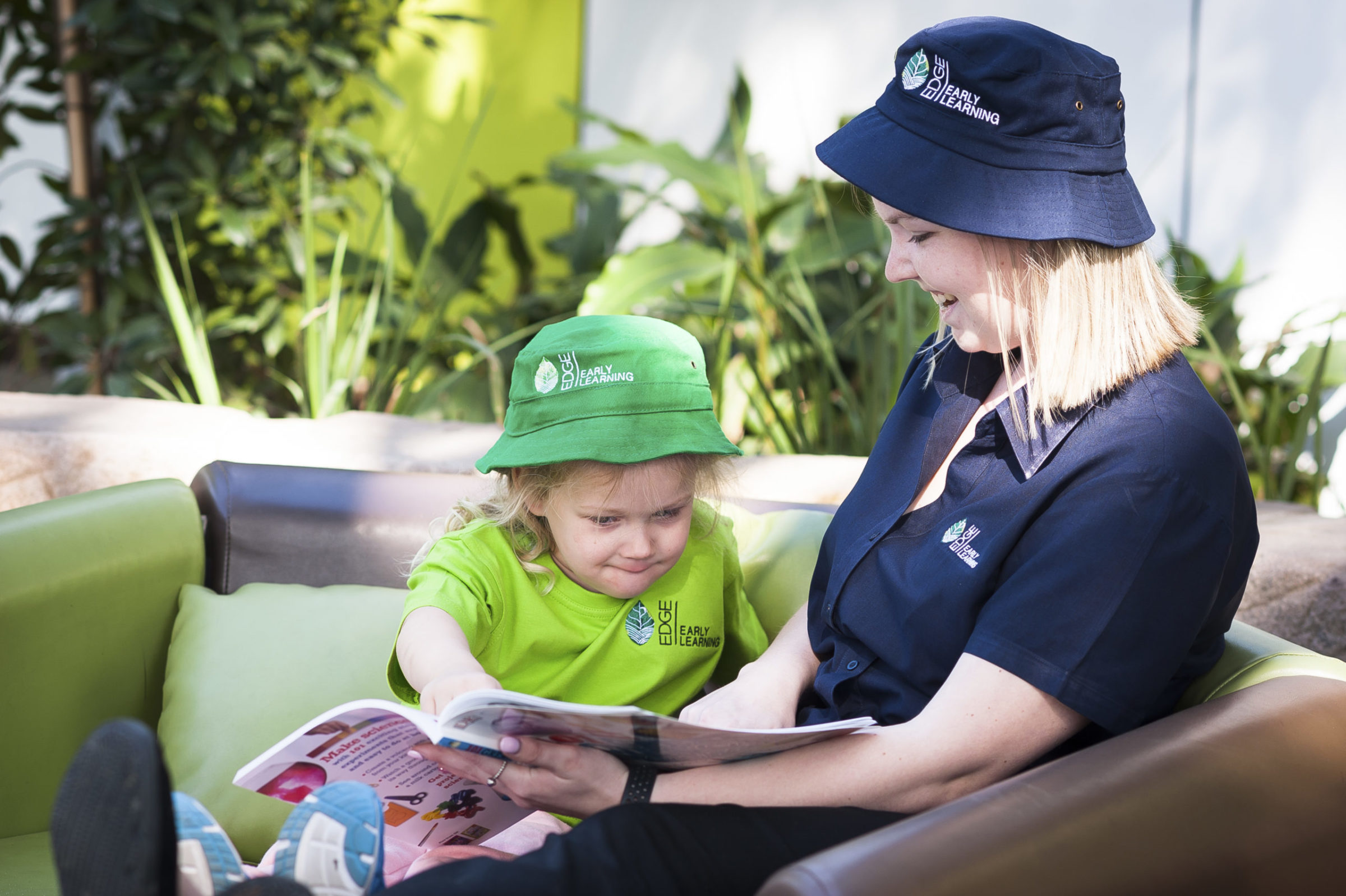
Education, Wellbeing
Education
21 January, 2026

The Abecedarian Approach Australia, (University of Melbourne and Joseph Sparling, 2015) defines teaching and learning strategies to improve interactions between children and adults, promote language as a priority, enrich caregiving through day-to-day routine practices and engage in conversational reading, where joint attention is at the forefront.
Language and literacy development in the early years is important so that children can become competent communicators. While it is evident that family and cultural experiences are integral to a child’s language and literacy learning, such as child directed speech and the home literacy environment, the use of the Abecedarian Approach is beneficial in guiding improved language acquisition, joint attention, interactions, expressive and receptive language, a serve and return approach and improving listening skills, contributing to better outcomes for language and literacy development in the early years.
Language as a priority is one part of the approach that parents and early childhood educators can use to promote language acquisition at all times of the day, every event, each routine to scaffold children’s language learning and is done through the use of notice, nudge and narrate. It is common knowledge that children respond well to being noticed and develop positive dispositions for learning when interactions are engaging. Parents and educators can use notice, nudge and narrate to notice children’s play, nudge their thinking patterns and then narrate the play back to the child. These opportunities for extending or scaffolding upon children’s vocabulary are so important and can create building blocks for further language learning.
 Meet the Author
Meet the Author
Samantha Campbell is one of our Program and Practice Managers, who has a strong dedication toward improving literacy and numeracy outcomes for children in the early years. Through ongoing research, she believes her life’s journey is to build the capacity of early years educators, inspiring a new generation of passion-filled leaders for the future.
References:
University of Melbourne. Sparling, J. (2015). Abecedarian Approach Australia. Published by the Melbourne Graduate School of Education. Retrieved from: https://3a.education.unimelb.edu.au/3a-resources